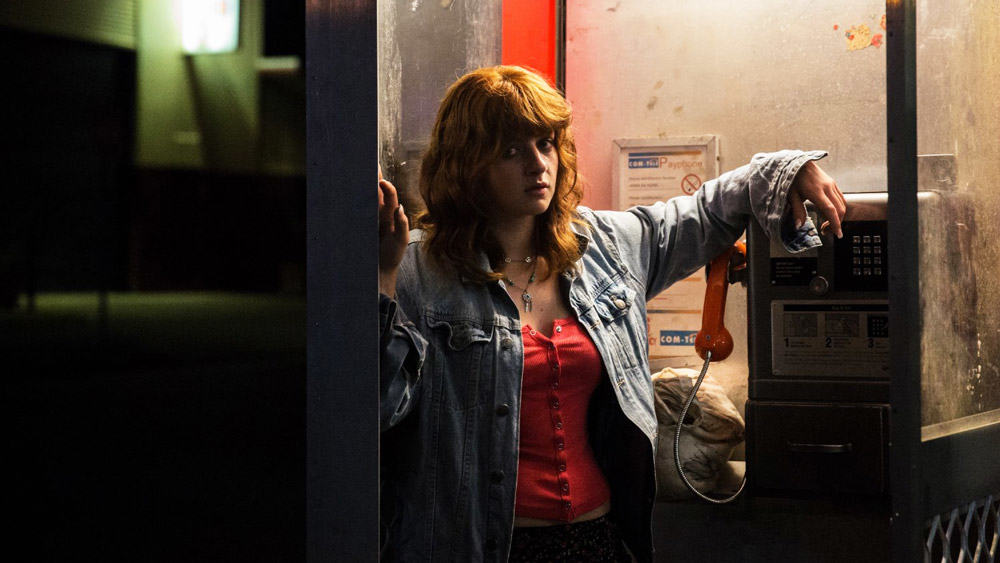The law drama Don’t Tell lacks that gut-punch feeling you’d expect from a film about a sexual abuse survivor at the hands of a church-associated paedophile.
It’s not that the shock-factor isn’t there (as any story about sexual abuse under the trusted guidance of church-related establishments is shocking), it’s just that the film doesn’t manage to build up much tension, in turn failing to illicit a deeply emotional response from the audience, especially considering the subject matter. It could be that there have been better examples of it before, such as with Sleepers (1996), Doubt (2008) and more recently, Spotlight (2015). Going up against larger American films like those with a similar subject matter is never an easy task, but nevertheless, debut director Tori Garrett should be commended for taking the risk in making this film, as its story is an important one, and one that should be out there for the masses to see.
Young sexual abuse survivor Lyndal (Sara West) decides to sue the prestigious private school she was abused at, in an effort to tarnish the name of the church-backed school, whom she claims knew about the abuse but did nothing to stop it. Her abuser Kevin Guy (Gyton Grantley) committed suicide years before however, making her claims hotly debatable in a court of law, therefore making her case incredibly tough to win. Her lawyers Stephen Roche (Aden Young) and Bob Myers (Jack Thompson) still yet have a few tricks up their sleeve though, as they face the tough opposition led by Jean Dalton (Jacqueline McKenzie), who is representing the church and its school.

The above-mentioned cast all put in exceptional performances, with Sara West the key standout in her emotionally charged performance as Lyndal. One can only imagine the difficulty in preparing for a role of a character with Lyndal’s traumatic past, and West appears to have found the right balance portraying a strong young woman with a tortured-soul. Props also go out to Gyton Grantley here, in putting in a great portrayal of the despicable paedophile Kevin Guy. Grantley has one of those faces that viewers may find hard to believe can be villainous, which makes his casting and performance even more impactful.
Unfortunately the excellent performances aren’t enough to salvage the film’s drab tone. It’s hard to think how a film like this could have anything but a drab tone with all things considered, however for a drama, it felt like it could have used a bit more drama, and potentially some more shock elements for entertainment’s sake. As it stands, Don’t Tell plays out more like a double-episode of a TV drama rather than a feature-length film that engages your inner feelings and emotions, especially with such a powerful subject matter. It’s hard to say specifically what the film was missing to help get it there, but one thing’s for certain is that there wasn’t much intensity behind it. For a courtroom drama, the courtroom battles weren’t very eventful and the investigation into events outside of the law chambers were fairly monotonous.
Don’t Tell is worth a watch to anyone interested in seeing some excellent Australian talent on display, and to learn about the sad events that took place in a country where stories like this one have rarely been brought to light in Australian cinema.
Fun Fact:
Based on true events that changed the law.




COMMENTS